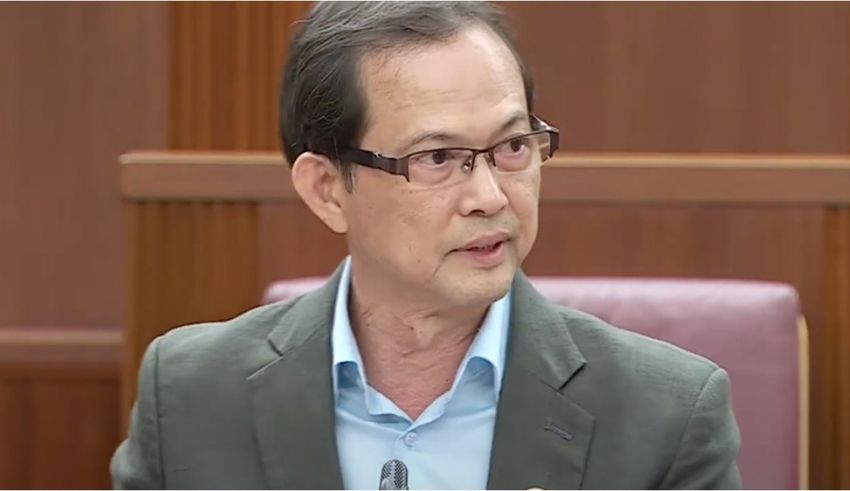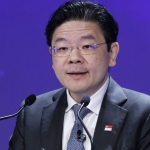
Singapore’s controversial fake news law, officially known as the Protection from Online Falsehoods and Manipulation Act (POFMA), has claimed its first political casualty. Leong Mun Wai, the chief of the opposition Progress Singapore Party (PSP), announced his resignation on February 18, 2024, after the government invoked the law against him for his online posts about the country’s immigration policy. Here is what happened and why it matters.
What is the fake news law and how does it work?
The fake news law, which came into effect in October 2019, gives the government the power to order the correction or removal of online content that it deems to be false or misleading, and to impose fines or jail terms on the offenders. The government claims that the law is necessary to combat the spread of misinformation that could harm the public interest, national security, or social harmony. However, critics argue that the law is vague, broad, and arbitrary, and that it could be used to stifle free speech, dissent, and debate.
What did Leong Mun Wai say and how did the government respond?
Leong Mun Wai, who was elected to the parliament in the 2020 general election, is known for his vocal criticism of the government’s immigration policy, which he says has resulted in the displacement of local workers by foreign professionals. On February 14, 2024, he posted a video on X, a social media platform, in which he claimed that the government had granted citizenship to 25,000 foreigners every year since 2015, and that this had contributed to the overcrowding and rising costs of living in Singapore. He also accused the government of hiding the truth from the public and manipulating the statistics.
The next day, the Ministry of Home Affairs issued a statement, saying that Leong’s claims were “false and misleading”, and that he had “deliberately distorted” the facts. The ministry said that the actual number of new citizens granted per year was around 22,000, and that this had remained stable since 2012. The ministry also said that the new citizens had to meet stringent criteria, and that they had contributed to the economy, society, and national defense of Singapore. The ministry then invoked the fake news law, and ordered Leong to correct his post with a notice that stated that it contained falsehoods.
Keep Reading
Why did Leong Mun Wai resign and what are the implications?
Leong Mun Wai refused to comply with the government’s order, and instead challenged the ministry to prove its claims with verifiable data. He also said that he was exercising his right and duty as an elected representative to question the government’s policies and to seek accountability and transparency. He said that he was prepared to face the legal consequences, which could include a fine of up to S$50,000 or a jail term of up to five years.
On February 18, 2024, he announced his resignation as the chief of the PSP, saying that he wanted to focus on his court case and to avoid any negative impact on his party. He said that he would remain as a member of parliament and continue to serve his constituents and the nation. He also thanked his supporters and urged them to stand up for their rights and values.
Leong’s resignation has sparked mixed reactions from the public and the political observers. Some have praised him for his courage and integrity, and for exposing the flaws and dangers of the fake news law. Others have criticized him for his irresponsibility and recklessness, and for spreading false and divisive information. Some have also questioned his motives and timing, and speculated that he might have resigned to avoid internal conflicts or to prepare for a new political venture.
Leong’s case has also raised broader issues and questions about the role and impact of the fake news law on the political landscape and the democratic process in Singapore. Some have argued that the law is a necessary and effective tool to safeguard the truth and the public interest, and to deter and punish those who spread lies and misinformation. Others have contended that the law is a repressive and oppressive instrument to silence and suppress the opposition and the alternative voices, and to undermine the freedom and diversity of opinion and expression.
























